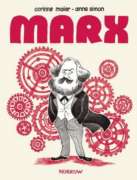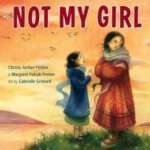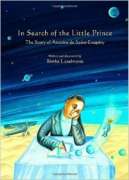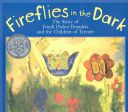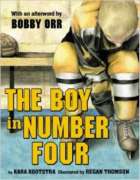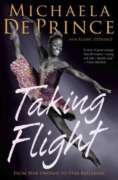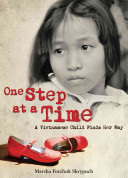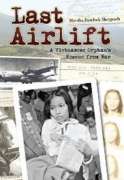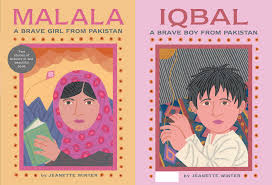
Two-time Caldecott illustrator Peter Spier’s visual retelling of a favorite Bible story is back in print! In a tale full of action, adventure, and strife, Jonah is asked by God to tell the people of Nineveh to mend their wicked ways. Fleeing from this enormous task, Jonah sets sail and is thrown overboard and swallowed by a great fish. What follows is Jonah’s journey to acceptance of God’s love and grace. A reference section at the end of the book shares historical and geographical notes about the story, including details about the ship Jonah might have sailed on and a fascinating discussion of the ancient city of Nineveh and the location of its ruins in present-day Iraq.

